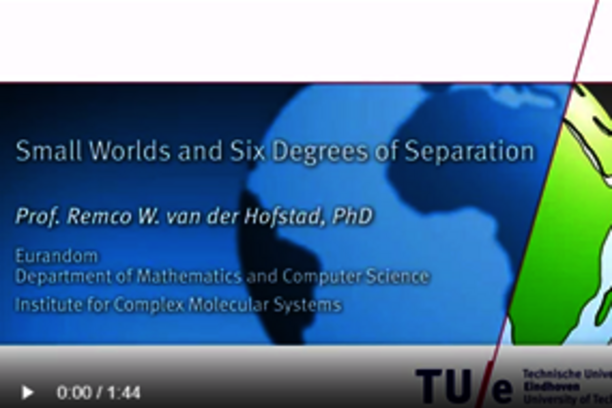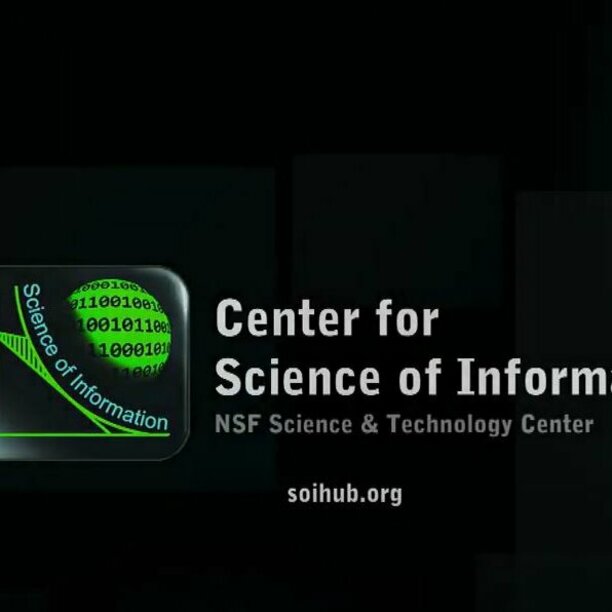We live in a hyper-connected world. Social media networks such as Facebook and Instagram link different people from all over the globe. Moreover, the internet no longer only consists of just computers but connects a great variety of smart devices, from thermostats to self-driving cars.
Typically such networks are large, consisting of millions or even billions of entities, and have a truly complex structure. These complex networks enable new information to spread very rapidly. Sometimes news even reaches a fraction of the world population in a matter of hours. This inter-connective world gives rise to new and exciting possibilities leading to fundamental research questions. For example: What can we do to maximize the impact of new information? How do we ensure those smart devices can communicate efficiently? What is the best network structure to achieve desired goals?
However, this high inter-connectivity also introduces new problems. These days networks are used by some people and organizations influence others negatively, by spreading false information. Cyber criminals exploit networks to efficiently distribute malware, infecting devices on a global scale. This affects us all and thus creates fundamental new challenges for our society. How can we stop the spreading of false information? Can we identify the source(s)? How do we protect our networks from attacks?
These types of questions need to be resolved to ensure the future of our networks society.
Track description
The goal of this track is to identify an important societal problem or challenge regarding networks and formulate possible solution strategies.
Year one
The first year will be for orientation and identifying a research direction. Information is obtained through a wide variety of sources such as books papers and seminars. To aid you in this, several activities will be organized, depending on the specific needs of the team. These can be journal clubs where we discuss papers you have found or seminars where specialist explain specific topics. In addition, there will be bi-weekly discussion sessions with the coaches and the other students from the track. Based on the acquired knowledge, the team will formulate a project topic. The related challenges and their relevance for society will be communicated to a general audience through either a blog posts or article on The Network Pages (www.networkpages.nl) by the end of the year. You will also be given the opportunity to work on developing relevant skills to accomplish the tasks. This includes activities such as research pitches, presentations, journal clubs and holding interviews.
Year two
In the second year the team will carry out the proposed project. This can entail a great variety of activities, such as collecting and analyzing data, modeling networks, or simulating processes on networks. The team coach can facilitate interactions and discussions with relevant topic specialist within the Netherlands. The team is expected to communicate the main project findings/conclusions to both an expert and non-expert audience. This can be done, for example, in the form of an article, conference/seminar presentation, a commentary or open letter to a newspaper or a web lecture or a session at the NETWORKS goes to school masterclass.
More information
Want to know more? Contact Erik Steur, e.steur@tue.nl or Pim van der Hoorn, w.l.f.v.d.hoorn@tue.nl.

